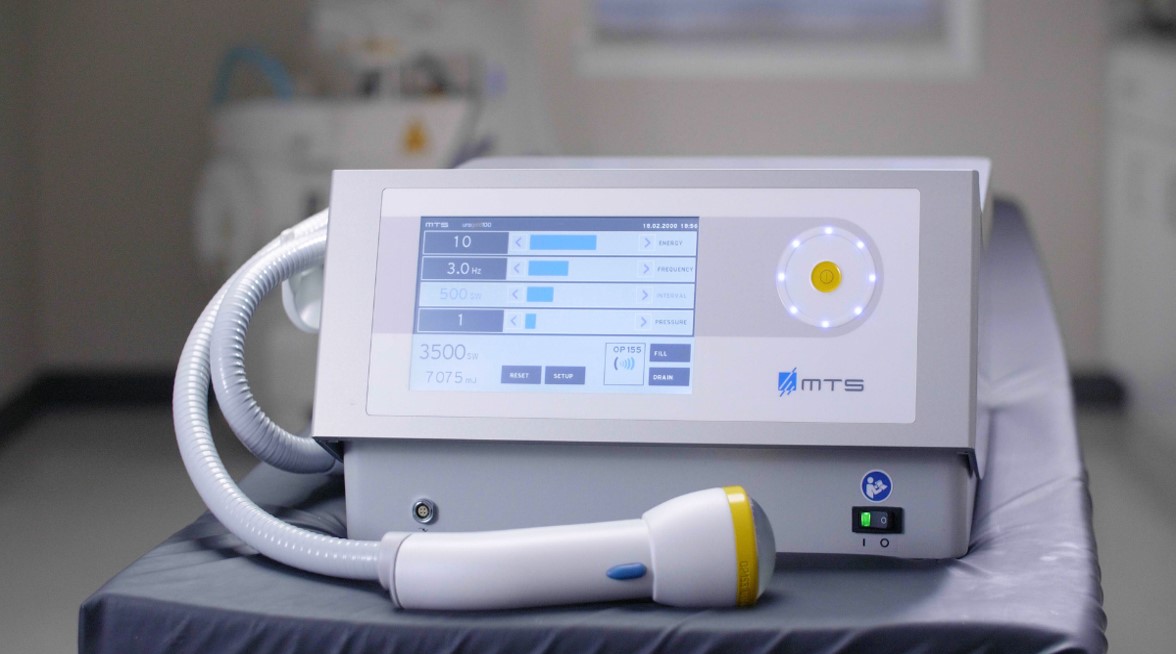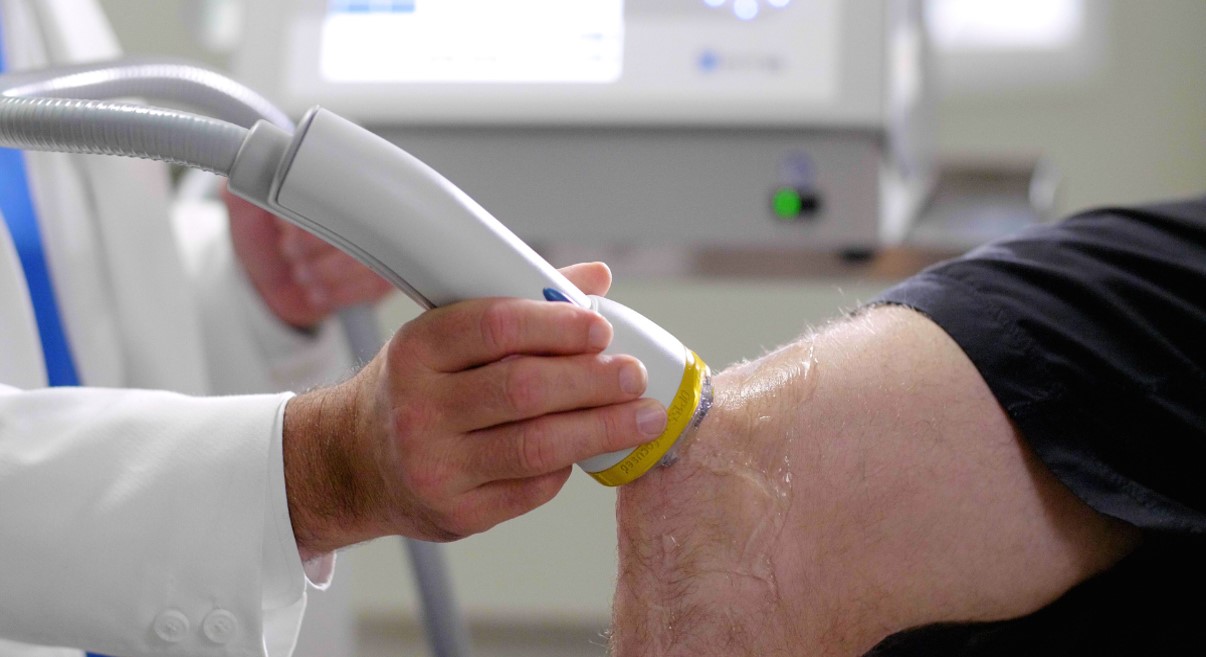
In the realm of modern medicine, the quest for innovative treatments that offer non-invasive solutions while promoting the body’s innate healing capabilities has been both a challenge and a priority for healthcare professionals. The journey has been marked by the exploration of various technologies, from the earliest forms of surgical interventions to the latest advancements in biotechnology. Yet, one of the most significant hurdles remains: how to effectively treat conditions that traditionally require invasive procedures or long-term medication, without the associated risks and side effects.
As medical science evolves, so too does our understanding of the body’s complex mechanisms, leading to the development of therapies that harness these processes for therapeutic gain. Among these, the emergence of regenerative medicine has opened new avenues for treatment, focusing on repairing, replacing, or regenerating human cells, tissues, or organs to restore or establish normal function. This field has brought forth innovations that not only aim to alleviate symptoms but also target the underlying causes of disease, offering hope for conditions once deemed untreatable.
Within this landscape of innovation, a groundbreaking technology has emerged, setting a new standard for non-invasive treatments across multiple medical specialties. SoftWave TRT, a novel application of shock wave technology, has begun to revolutionize the approach to treating a myriad of conditions, offering a glimmer of hope for patients seeking alternatives to traditional treatment modalities. By leveraging the body’s own healing mechanisms, SoftWave Therapy stands at the forefront of a new era in medicine, promising to transform patient care in urology, podiatry, and beyond.
What is SoftWave Therapy?Â
SoftWave Therapy represents a significant advancement in non-invasive medical treatments, employing unique, patented technology to stimulate the body’s natural healing processes. This therapy utilizes shock wave technology, not unlike that used in lithotripsy for kidney stones, but at lower intensities and for a broader range of conditions. By delivering low-intensity shock waves to affected areas, SoftWave Therapy promotes angiogenesis, enhances blood flow, and facilitates the mobilization of stem cells, leading to the regeneration of damaged tissues.
Scientific Foundation of SoftWave Therapy
The underlying science of SoftWave Therapy is based on the principle of mechanotransduction, where mechanical stress is converted into cellular responses. When shock waves are applied to tissue, they induce micro-traumas that trigger the body’s natural healing response, including the release of angiogenic factors that enhance blood vessel formation and improve blood supply to the area. This process is crucial for repairing tissues and restoring function, making it a versatile tool for various medical specialties.
Impact on Urology
In the realm of urology, SoftWave Therapy has shown promise in treating erectile dysfunction (ED), a condition that can significantly affect quality of life. Traditional ED treatments often involve medication, injections, or invasive surgery, each with potential side effects and limitations. SoftWave Therapy, however, offers a non-invasive alternative by improving blood flow to the penile tissue, thus addressing one of the primary physiological causes of ED. Clinical studies have demonstrated improved erectile function following treatment, highlighting SoftWave’s potential as a groundbreaking approach to urological care.

Advancements in Podiatry
Podiatrists are increasingly incorporating SoftWave Therapy into the treatment of chronic foot and ankle conditions, such as plantar fasciitis and Achilles tendonitis. These conditions, characterized by pain and inflammation, often lead to significant discomfort and impaired mobility. SoftWave Therapy’s ability to promote tissue regeneration and reduce inflammation presents a non-surgical option for patients seeking relief. Clinical evidence supports its effectiveness in reducing pain and accelerating recovery, marking a significant step forward in podiatric medicine.
Broader Applications in General Medicine
Beyond urology and podiatry, SoftWave Therapy’s applications extend into general medicine, particularly in the management of musculoskeletal disorders, diabetic foot ulcers and neuropathy, and even certain dermatological conditions. Its regenerative capabilities make it a valuable adjunct to conventional treatments, offering potential benefits such as enhanced wound healing, reduced need for pain medication, and improved patient outcomes. As research continues to unfold, the scope of SoftWave Therapy’s impact is expected to broaden, underscoring its versatility as a therapeutic tool.
Embracing Innovation in Healthcare
The integration of SoftWave Therapy into clinical practice exemplifies the healthcare industry’s shift towards innovative, patient-centered solutions. By offering a non-invasive, drug-free treatment option, SoftWave Therapy aligns with the growing demand for treatments that not only address symptoms but also promote overall healing and well-being. As healthcare professionals and institutions adopt this technology, patients across a spectrum of specialties stand to benefit from improved care quality and outcomes.Â



Facebook Comments